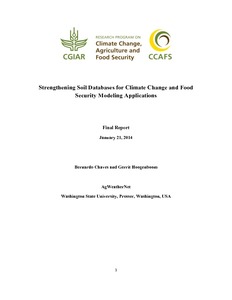Opening Up the Markets for Seed Trade in Africa
Despite its vast agriculture potential,
Africa is increasingly dependent on food imports from the
rest of the world to satisfy its consumption needs. Food
output has not kept pace with population growth, and more
than 80 percent of production gains since 1980 have come
from the expansion of cropped areas rather than from greater
productivity of areas already cultivated. This paper looks
at the current requirements for seed trade in Africa, the


